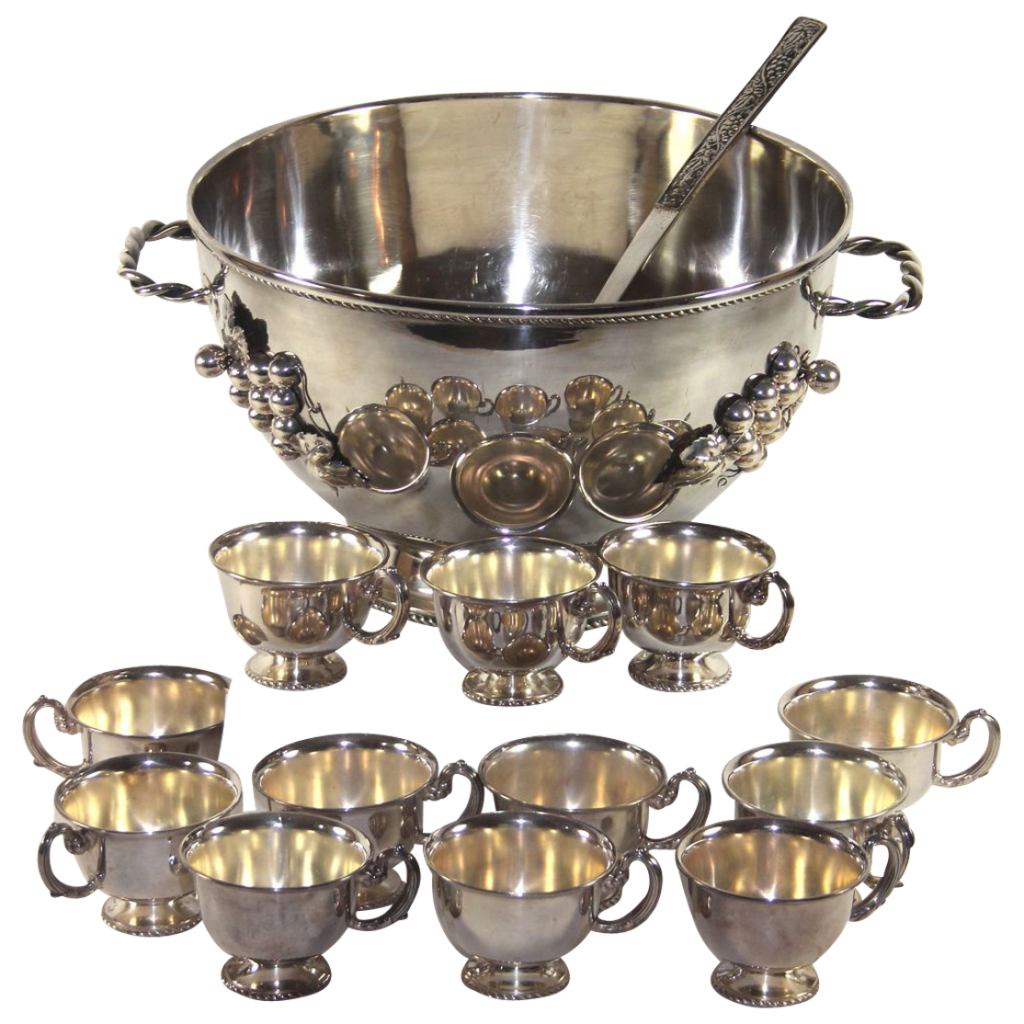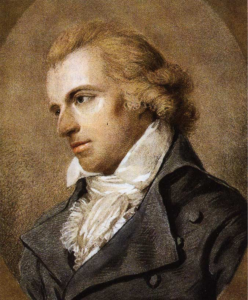Punch song
(Poet's title: Punschlied)
Set by Schubert:
D 277
for TTB trio with piano[August 29, 1815]
D deest
[August 29, 1815]
Vier Elemente,
Innig gesellt,
Bilden das Leben,
Bauen die Welt.
Presst der Zitrone
Saftigen Stern,
Herb ist des Lebens
Innerster Kern.
Jetzt mit des Zuckers
Linderndem Saft
Zähmet die herbe,
Brennende Kraft.
Gießet des Wassers
Sprudelnden Schwall,
Wasser umfänget
Ruhig das All.
Tropfen des Geistes
Gießet hinein,
Leben dem Leben
Gibt er allein.
Eh es verdüftet,
Schöpfet es schnell,
Nur wenn er glühet,
Labet der Quell.
Four elements,
Inwardly connected,
Form life,
Build the world.
Squeeze the lemon,
Juicy star.
It is bitter – life’s
Inner core.
Now for the sugar’s
Soothing juice,
Taking the edge off the bitter,
Burning power.
Pour in the water’s
Bubbling swell.
Water envelops
The cosmos with calm.
Drops of spirit,
Pour them in.
Life to life –
It alone gives life to life.
Before it evaporates,
Ladle it out quickly,
Only when it is glowing
Does the source offer refreshment.
All translations into English that appear on this website, unless otherwise stated, are by Malcolm Wren. You are free to use them on condition that you acknowledge Malcolm Wren as the translator and schubertsong.uk as the source. Unless otherwise stated, the comments and essays that appear after the texts and translations are by Malcolm Wren and are © Copyright.
☙
Themes and images in this text:
Bitterness Drinking songs Fire Lemons Pouring, scattering and strewing Springs, sources and fountains Stars Sweetness Wine and vines
Although the name ‘punch’ derives from the Hindi word for ‘five’ (पांच pāñč), referring to the original Indian ingredients (alcohol, sugar, lemon, water and tea) Schiller insists that the drink is made up of four elements. This may partly relate to the relative scarcity of tea in his world, but is more probably something to do with the author’s desire to evoke the classical worldview and the idea that the whole world is made up of four elements (earth, air, fire and water). The making of punch is an echo of the making of the world itself.
Schiller’s text is based on an ambiguity that is impossible to capture in English, since the German verb ‘schöpfen’ means both ‘to create’ or ‘to invent something’ as well as ‘to ladle something out’. The same verb is used to describe drawing water from a well or scooping something out of a container. The climax of the text (instructions on how to ‘create’ punch) is the instruction, ‘ Schöpfet es schnell’ (create it / ladle it out quickly). The punch bowl is seen as a sort of spring or well, the source of nourishment and refreshment. The newly made punch has to be drunk immediately before it loses its goodness, just as fresh water bubbling out of the spring offers more refreshment than sluggish and polluted waters from lower down the river. Drinking punch is taking us to the fons et origo of the world and of life itself.
The four ingredients of the drink symbolise the essential elements of our world. It is both bitter at the core and soothingly sweet (the lemon juice is balanced with the sugar); it is both calm and energetic (peaceful water becomes agitated and lively when the spirits are added). All four elements / ingredients are essential for the drink / the world, but for it to come alive there absolutely has to be spirit (pun intended). That’s what gives it the punch.

☙
Original Spelling Punschlied Vier Elemente, Innig gesellt Bilden das Leben, Bauen die Welt. Preßt der Citrone Saftigen Stern, Herb ist des Lebens Innerster Kern. Jetzt mit des Zuckers Linderndem Saft Zähmet die herbe Brennende Kraft. Gießet des Wassers Sprudelnden Schwall, Wasser umfänget Ruhig das All. Tropfen des Geistes Gießet hinein, Leben dem Leben Giebt er allein. Eh es verdüftet Schöpfet es schnell, Nur wenn er glühet, Labet der Quell.
Confirmed by Peter Rastl with Schubert’s source, Friedrich Schillers sämmtliche Werke. Zehnter Band. Enthält: Gedichte. Zweyter Theil. Wien, 1810. In Commission bey Anton Doll. [korrigierter Druck] pages 141-142; and with Gedichte von Friederich Schiller, Zweiter Theil, Zweite, verbesserte und vermehrte Auflage, Leipzig, 1805, bei Siegfried Lebrecht Crusius, pages 239-240.
To see an early edition of the text, go to page 141 [147 von 310] here: http://digital.onb.ac.at/OnbViewer/viewer.faces?doc=ABO_%2BZ207858305


